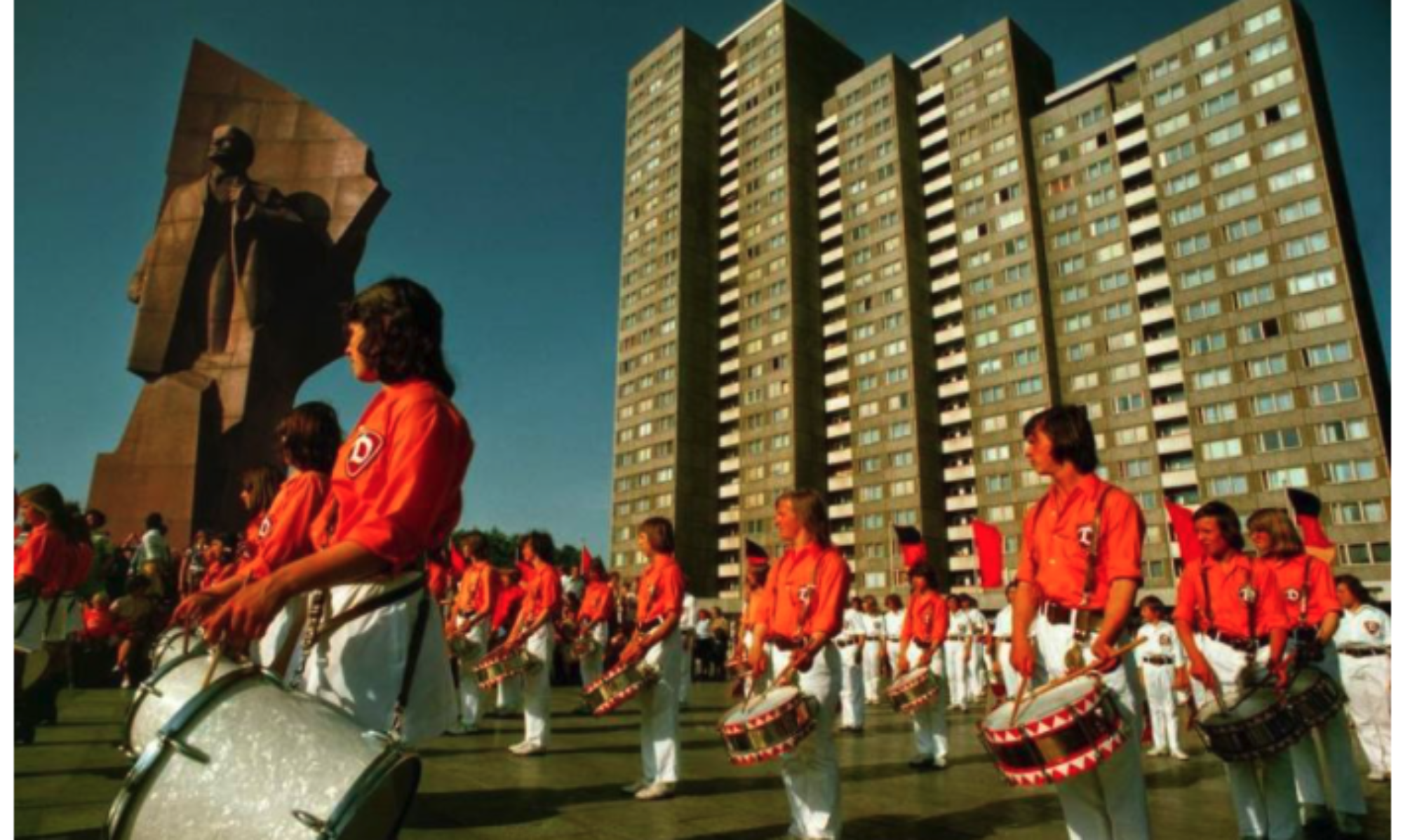Before we dive into questions, I think it is important to begin with a little background to the Helsinki Accords as they are mentioned throughout the readings. The Helsinki Final Act is also known as the Helsinki Accords or the Helsinki Declaration. The readings refer to these differently, but for clarity, these can be used interchangeably and refer to the same document. This was the document signed at the closed meeting of the third phase of the Conference on Security and Co-operation in Europe and as the name states, it was held in Helsinki, Finland, during July 30th through August 1st of 1975. This document signing followed two years of negotiation referred to as the Helsinki Process. All together, 35 states participated in the signing document including all then-existing European countries (excluding Albania which later signed in 1991 and Andorra) in addition to the United States and Canada. This document was a major diplomatic agreement intended to improve the détente between the Soviet bloc and the West, but the document was not binding and lacked treaty status. Ultimately, this was an agreement to respect human rights and fundamental freedoms as well as to have cooperation in in economic, scientific, humanitarian, and other areas.
(I obviously came up with way too many discussion questions and we most definitely will not get to all of them, but I figured I would post them all now and narrow it down later based on blog posts and the discussion in class tomorrow.)
Questions about Ned Richardson-Little’s article on East Germany:
- How do we see human rights look different under socialism, where the population as a whole, rather than the autonomy of the individual, is the priority?
- For clarity: Basically, what are socialist human rights and what differences and similarities can we see compared to human rights under capitalism? Were there ways that the definition of socialist human rights fulfilled our personal meaning of human rights that capitalist human rights do not?
- Why do you think human rights aren’t mentioned by the founders of socialism like Marx and Lenin?
- With the creation of the GDR Committee for Human Rights and the tripling of its budget from 1961 to 1962, I want us to consider why this was so important for the GDR. When considering the Soviet Union, we know that there is an overall hesitancy to spend money unnecessarily or raise budgets in any way, so what was at stake for the GDR that caused them to start taking this issue of human rights so seriously?
- In what ways were citizens of the GDR able demand change from the state given this new focus on human rights and international human rights norms?
- For clarity: I would like to consider here what the people wanted in the GDR and the way they used this growing focus and concern of the GDR to promote their own self-interests.
- Where do you stand on the author’s argument? Were the Helsinki Accords the most crucial turning point or breakthrough for human rights, or do you agree with the author’s stance that the turning point was actually in the 1980s?
- Follow-up: If the Helsinki Accords weren’t the turning point, what was the turning point for human rights in the GDR?
- How do we see the shift from the call for human rights in the 1970s in the GDR to the call for human rights in the 1980s – what, if anything, stayed the same and what changed?
Questions about Snyder’s article on Helsinki Monitoring in the Soviet Union - Snyder argues that the true birth of the civil rights movement occurred before the Helsinki Accords, whereas Richardson-Little argues that the real turning point was after. Which author’s argument do you support, and why?
- Consider the miscalculation of Brezhnev and other Soviet leaders when allowing the Helsinki Accords to be published. Given Brezhnev’s conservative policies in journalism that we have previously discussed, why did he allow the Helsinki accords to be published, what did they expect to happen, and why was their expectation not possible?
- Consider the Moscow Helsinki Group. How were they able to bring together such a diverse set of individuals with diverse interests and what allowed them to become such a household name?
- Snyder notes on pg. 72 that the KGB hesitated to crackdown on the Moscow Helsinki Group immediately, and there are multiple theories as to why. What is your theory as to why the KGB hesitated?
- How was this group of dissidents in Moscow able to spark a wider movement?
Questions about Havel’s speech, “The Power of the Powerless” - What do you think about the author’s discussion of the use of the word “dictatorship”? Is this a fair description, or like the Havel, do you think that it obscures the nature of power in this socialist system?
- How do you consider Havel continuing to use the word dictatorship (“even though our dictatorship has long since…”) after characterizing it in this way as obscuring the nature of power, rather than clarifying it? Was this intentional or unintentional? Was this to provide clarity due to its frequent use, or is there a part of Havel that agrees that this is a dictatorship?
- Havel gives the example of the greengrocer, stating that the greengrocer does not believe in the message of the poster in his shop window and that people who pass by do not read the message in his shop window. Do you think this is generally the case in the Soviet Union and Eastern bloc, or is this dismissive of the power of propaganda and ideology?
- To put it more generally, what do you think about Havel’s argument against Soviet ideology and propaganda? Are you buying it?
